
After The Storm: Haiti Revisited
- Location
- Haiti
- Words
- Anna Dorothea Ker
Hungarian photographer Bence Bakonyi graduated from Moholy-Nagy University of Art and Design. Favouring long-term projects, his practice sees him incorporate staged elements into a documentary style of photography, in exploration of human presence amidst the urban environment and architecture.
“How much has this overly unfortunate country and its capital city improved over half a decade?”In 2015, Bakonyi traveled to Haiti to capture the Caribbean island five years into the aftermath of its tragic natural disaster. Speaking of his experience, the photographer explains:”Five years ago, a terrible natural disaster shook the surroundings of Haiti’s capital. During this time the media spotlight closely followed the fate of the most unprivileged country in the western world. But what has changed over time? Has Haiti recovered from its ruined state? How much has this overly unfortunate country and its capital city improved over half a decade? As a volunteer, among people with severe disabilities. In an orphanage for a month. I was able to experience and learn about the poverty that Haiti has to face. The everyday struggle to achieve the minimum subsistence level and the despaired atmosphere. Due to the state of public safety, 80% of these photographs had to be taken from behind a darkened car window.”
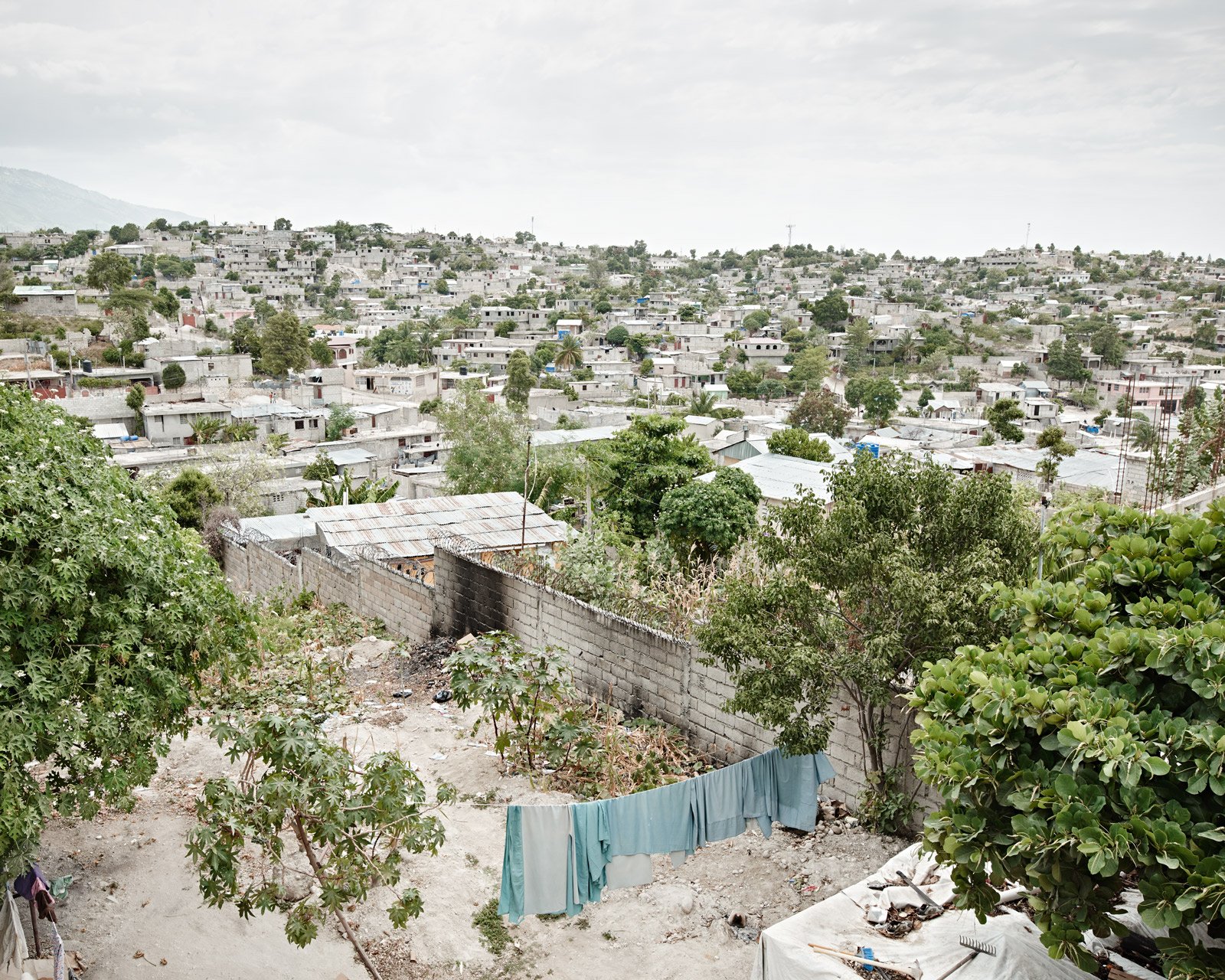
A part of downtown Port au Prince.
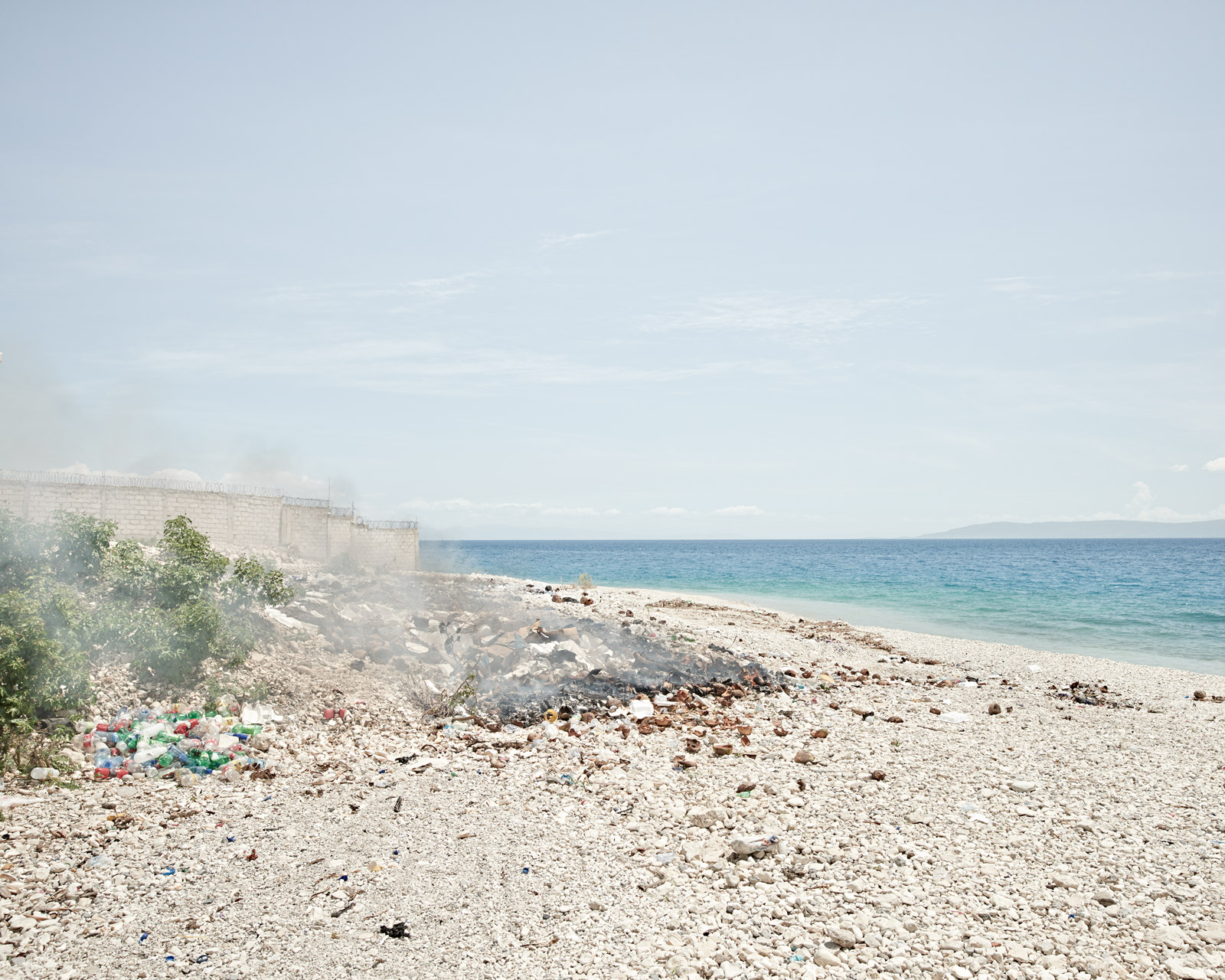
The everyday struggle against the waste.
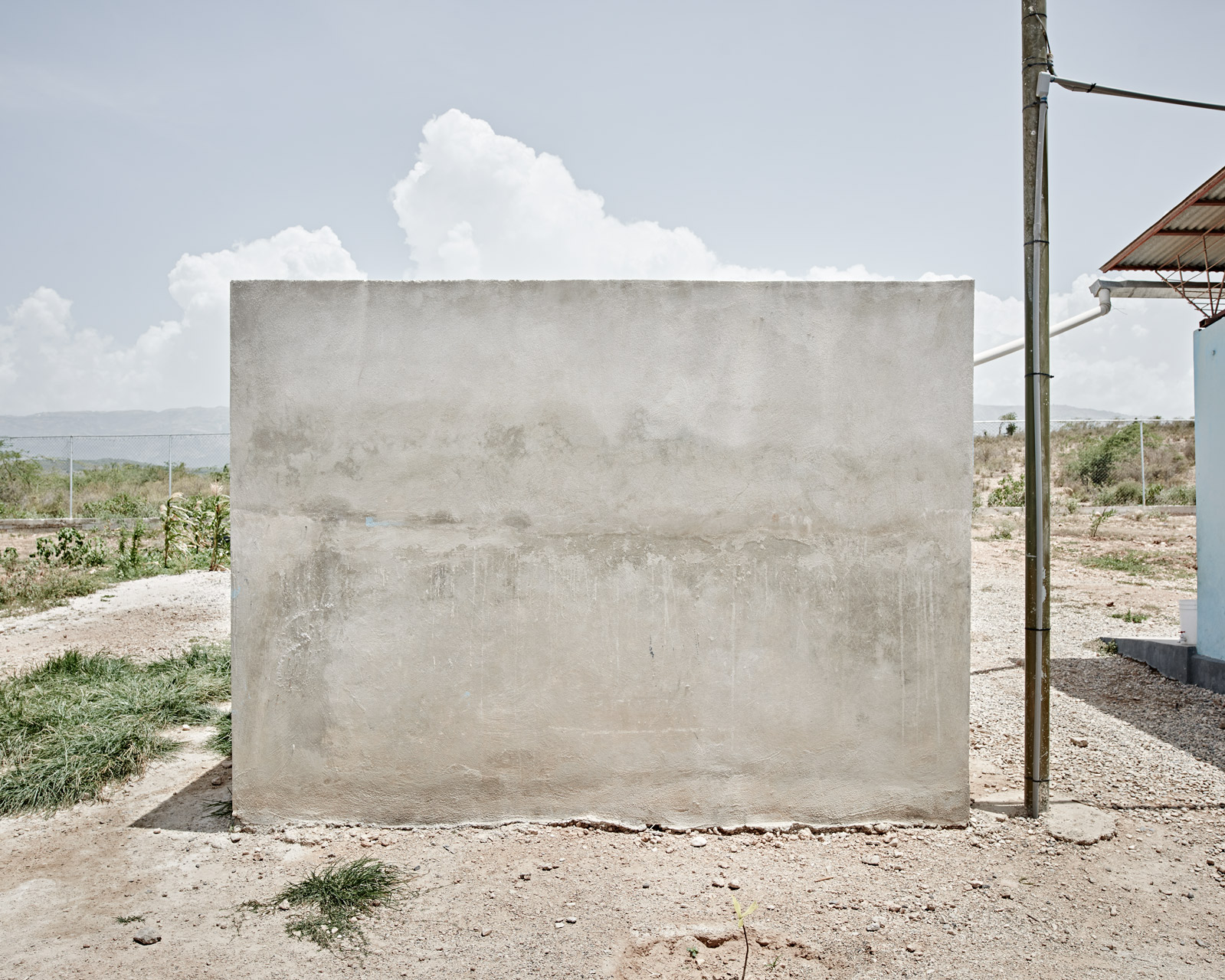
In site of the enormous drought, miraculously some water can be found in the cistern.
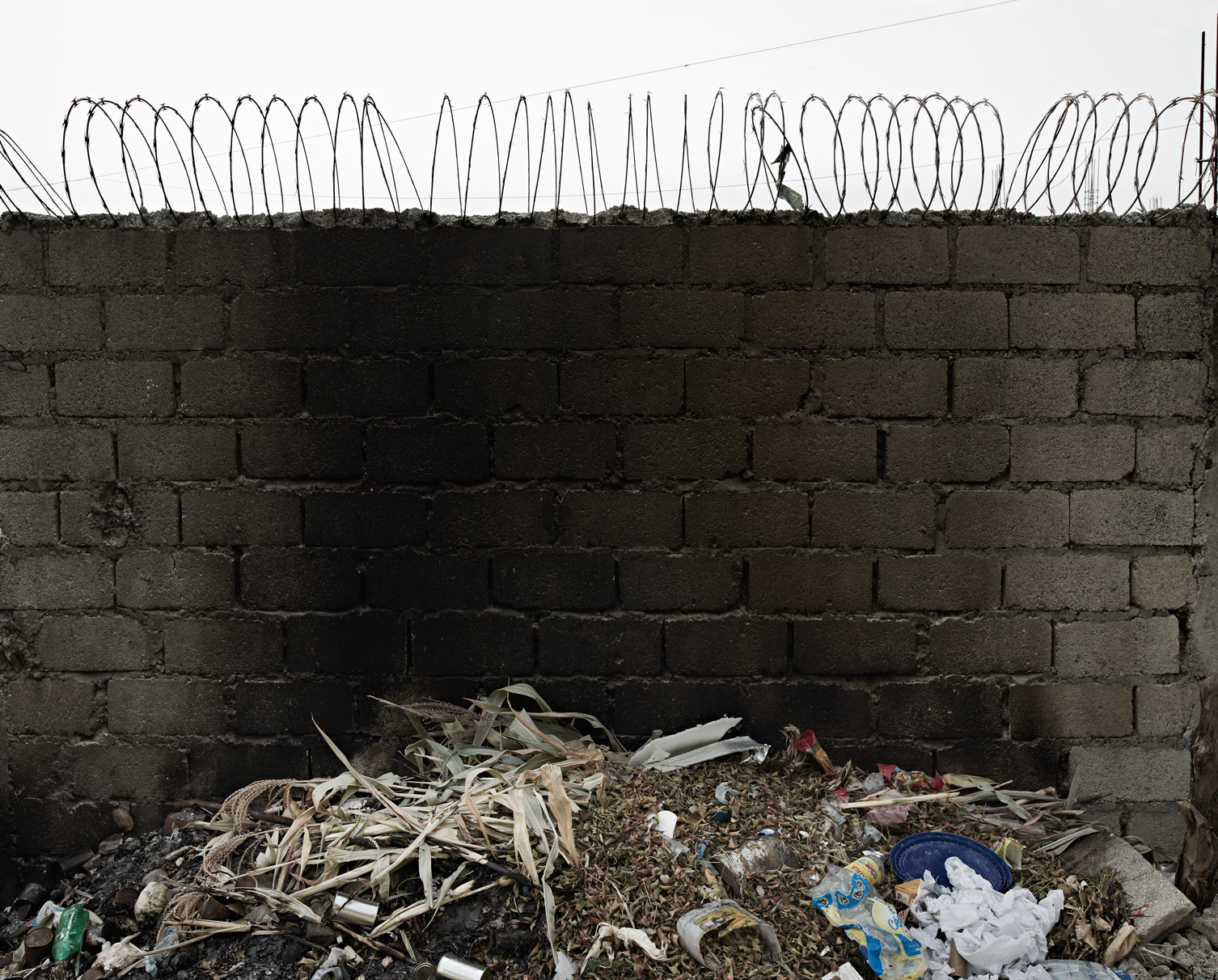
Due to the lack of waste management, everyone is left to burn the garbage on their own property.
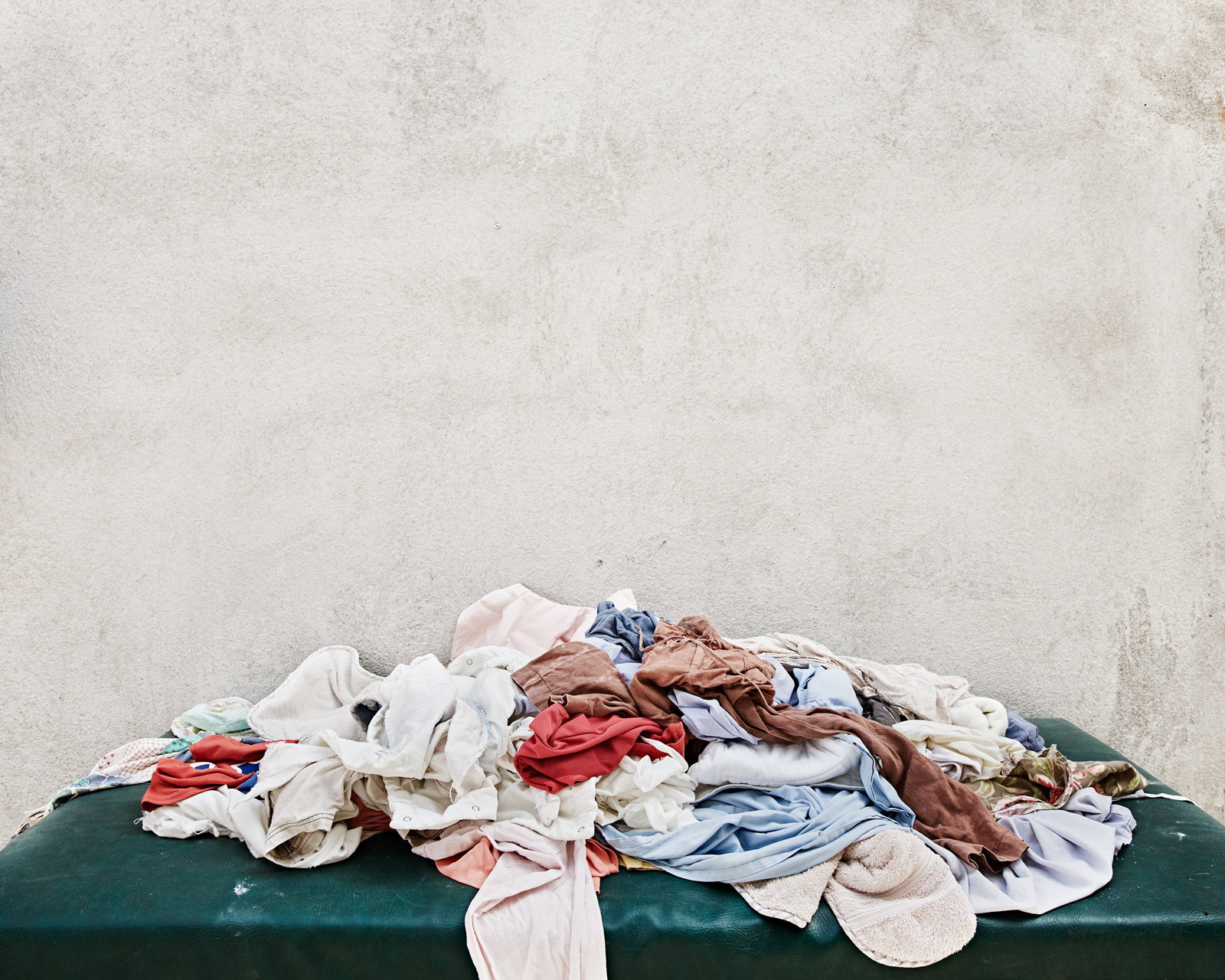
Where only the washable ‘diaper’ exists.
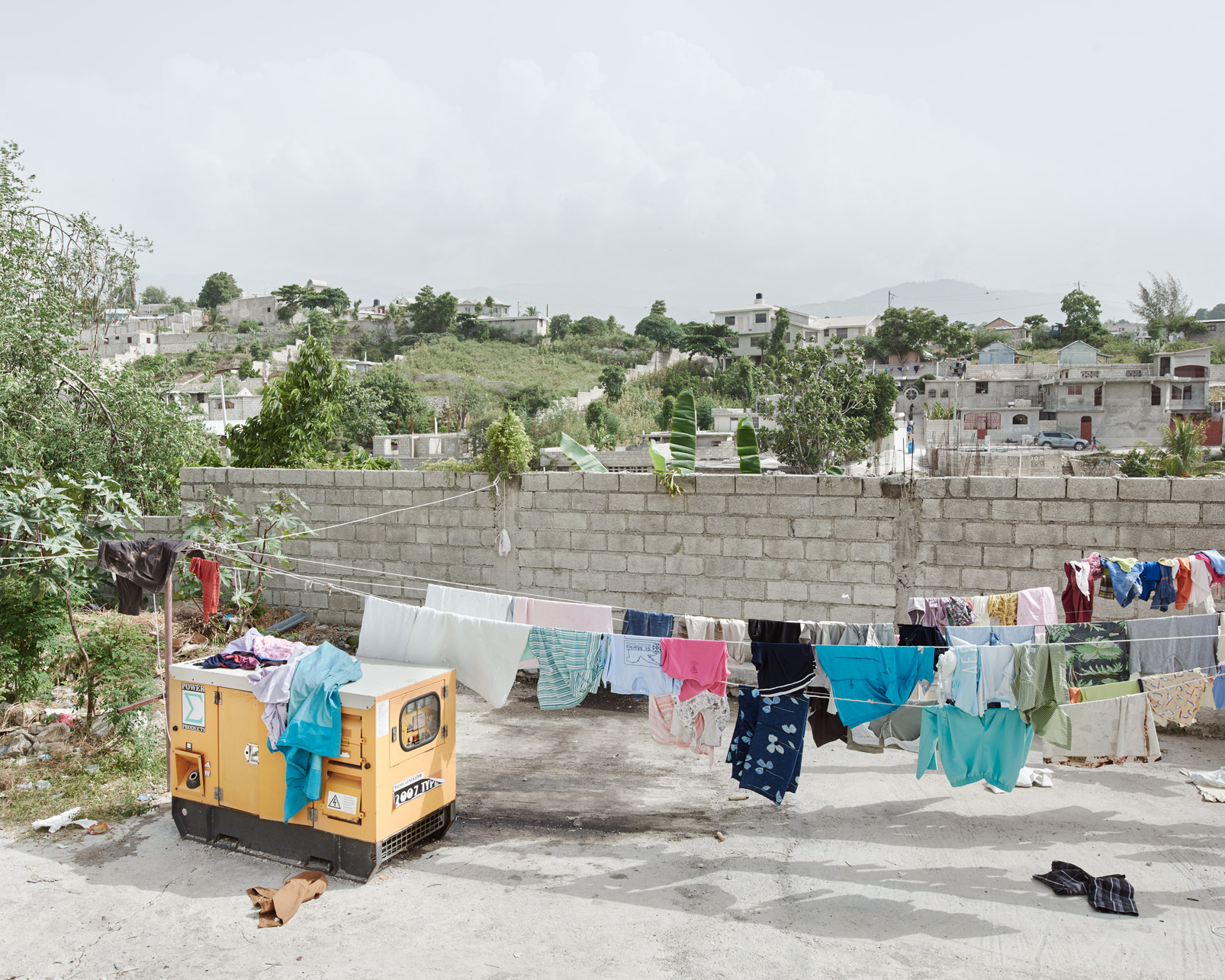
Around the more well-off neighbourhoods, the electricity is provided by generators.
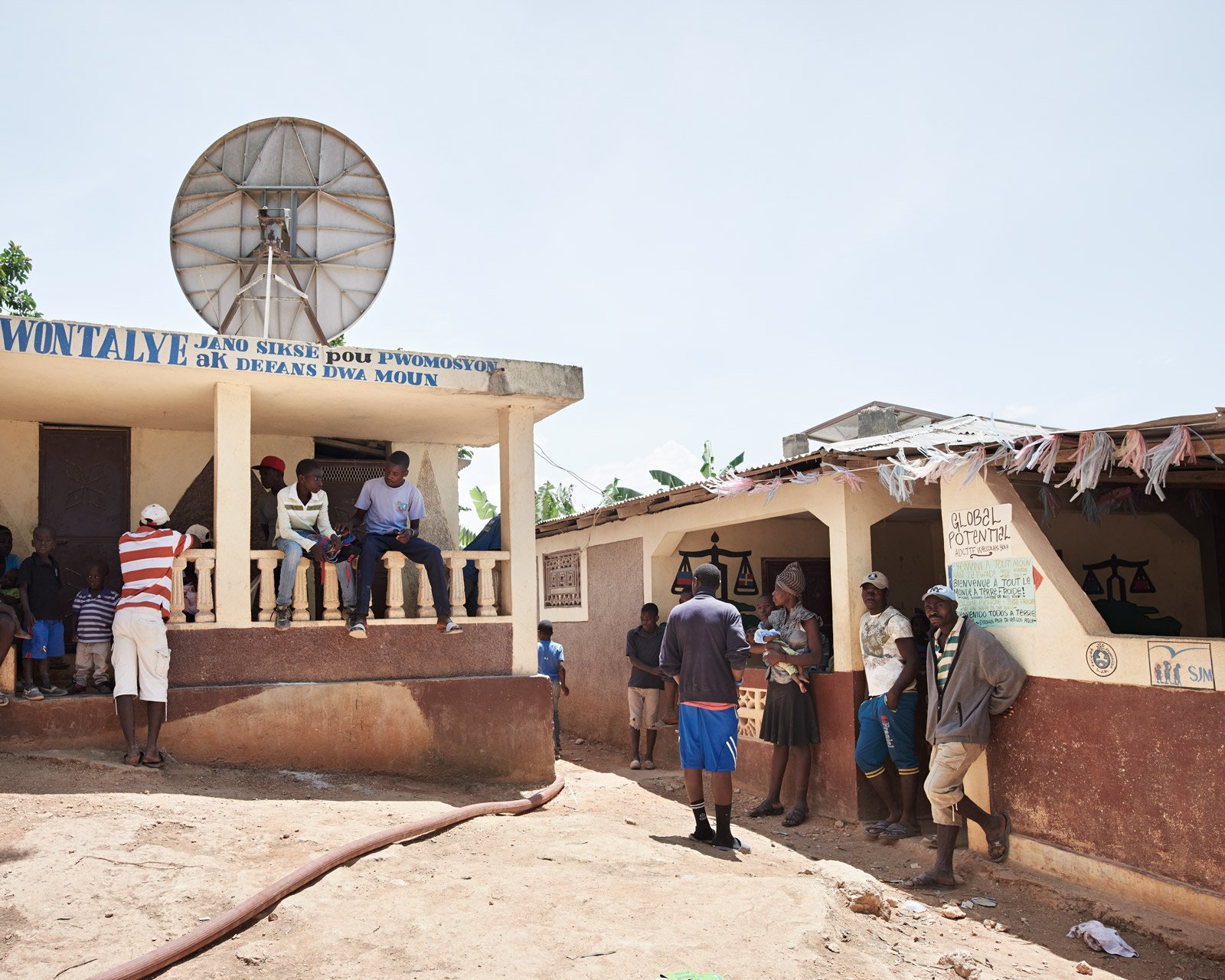
Expelled Haiti citizens are waiting for aid at the border of the Dominican Republic.
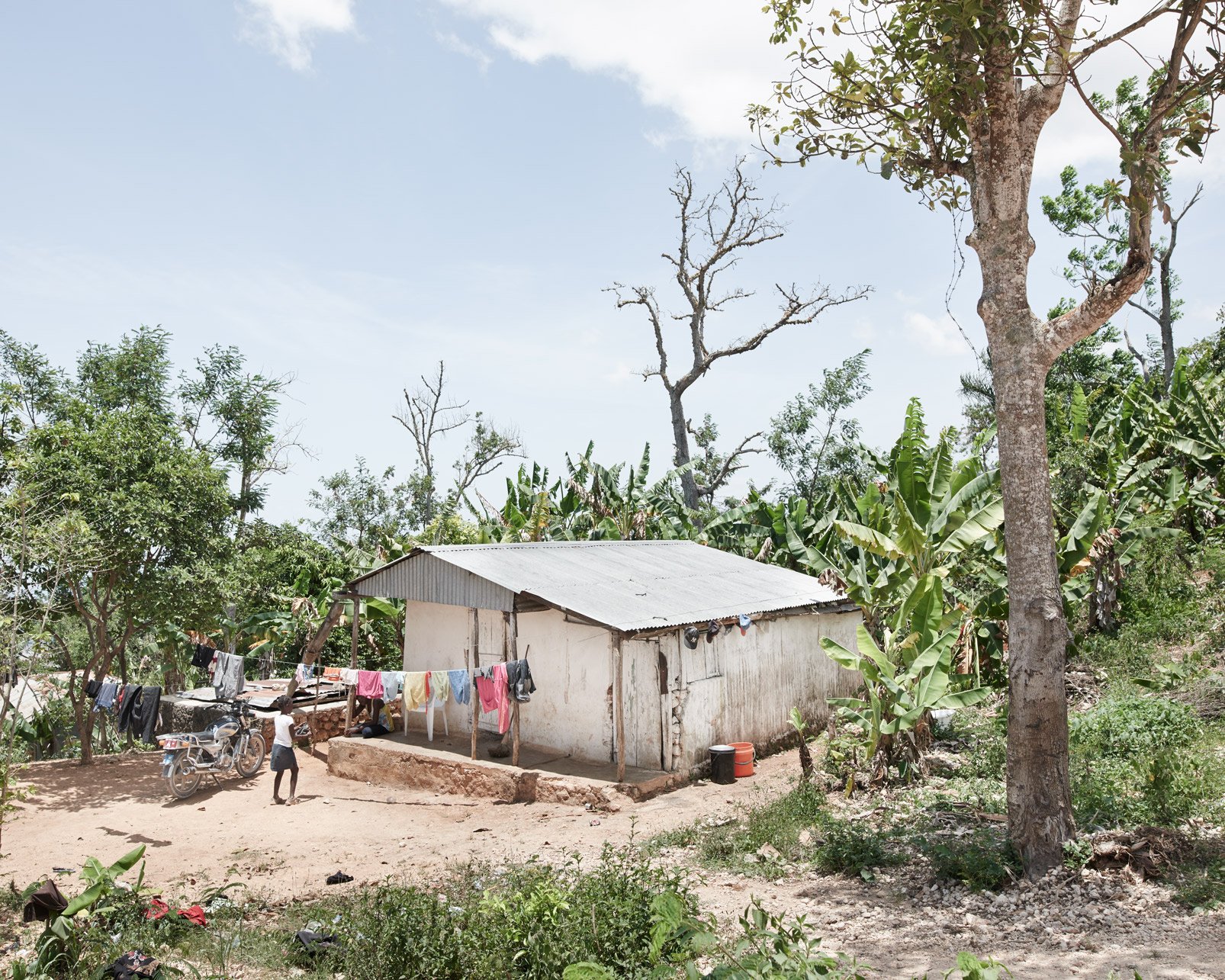
Close to the border an expelled migrant’s clothing hangs in a family’s garden.
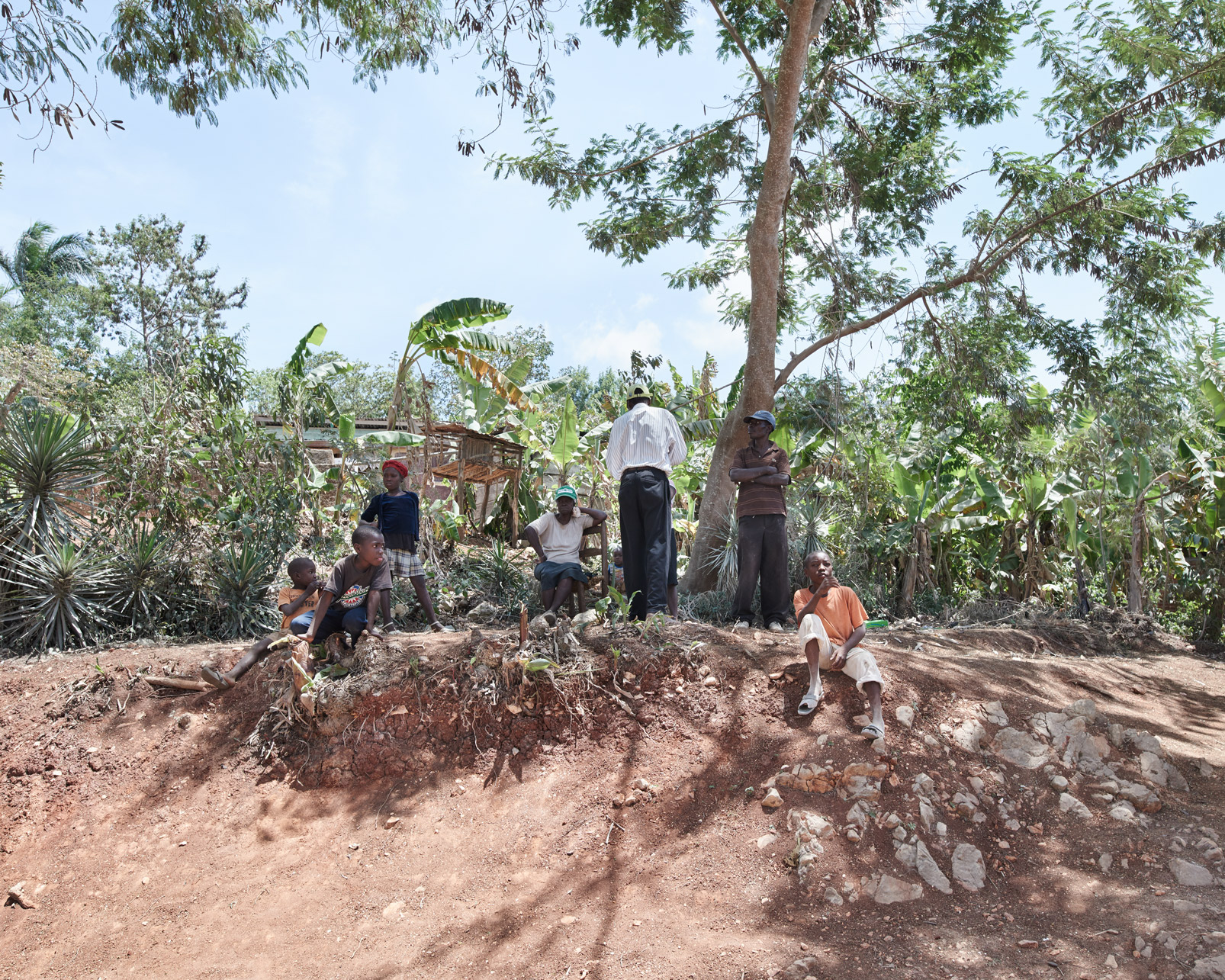
Expelled Haiti citizens are waiting for aid at the border of the Dominican Republic.
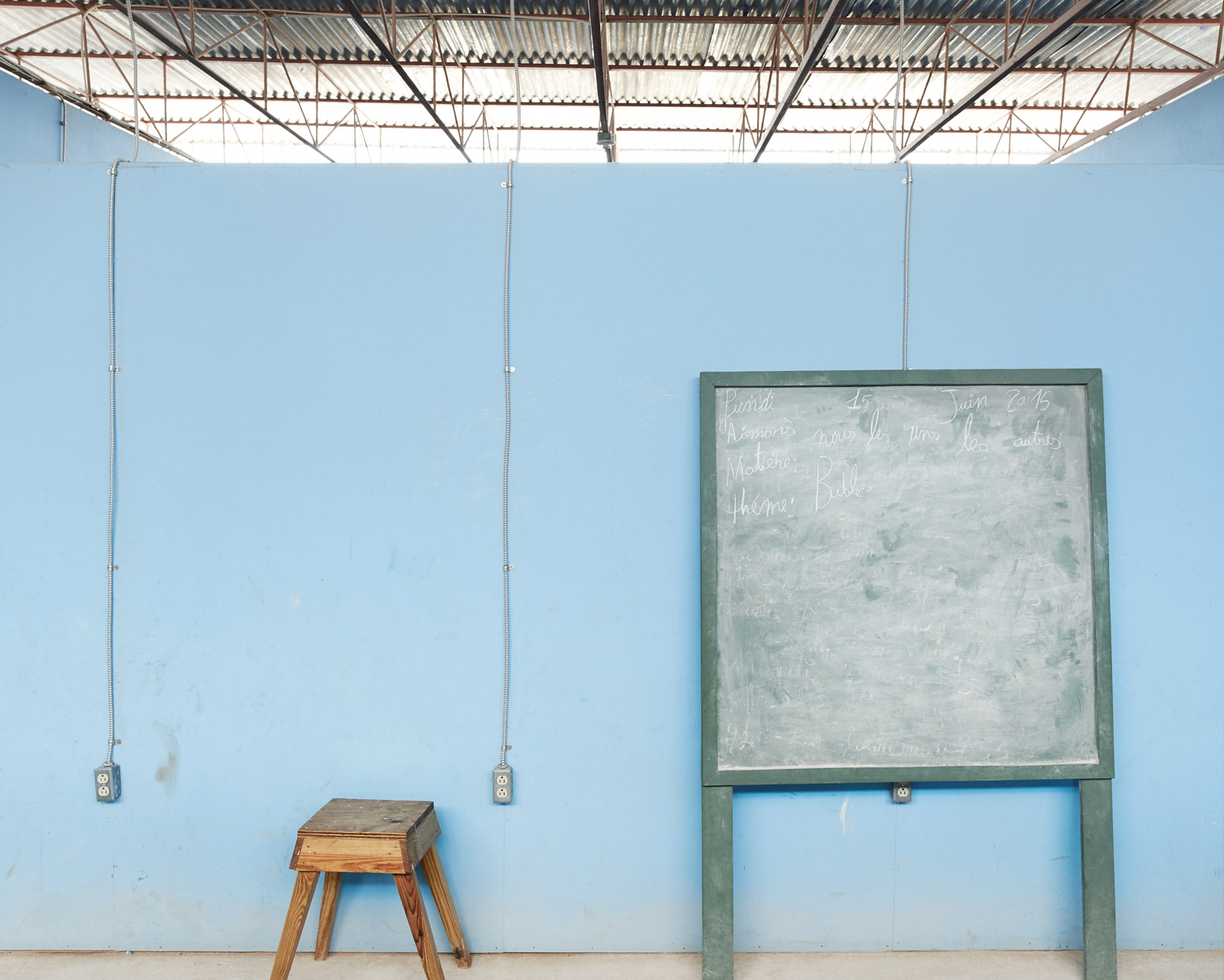
School in the country for both parents and their children.
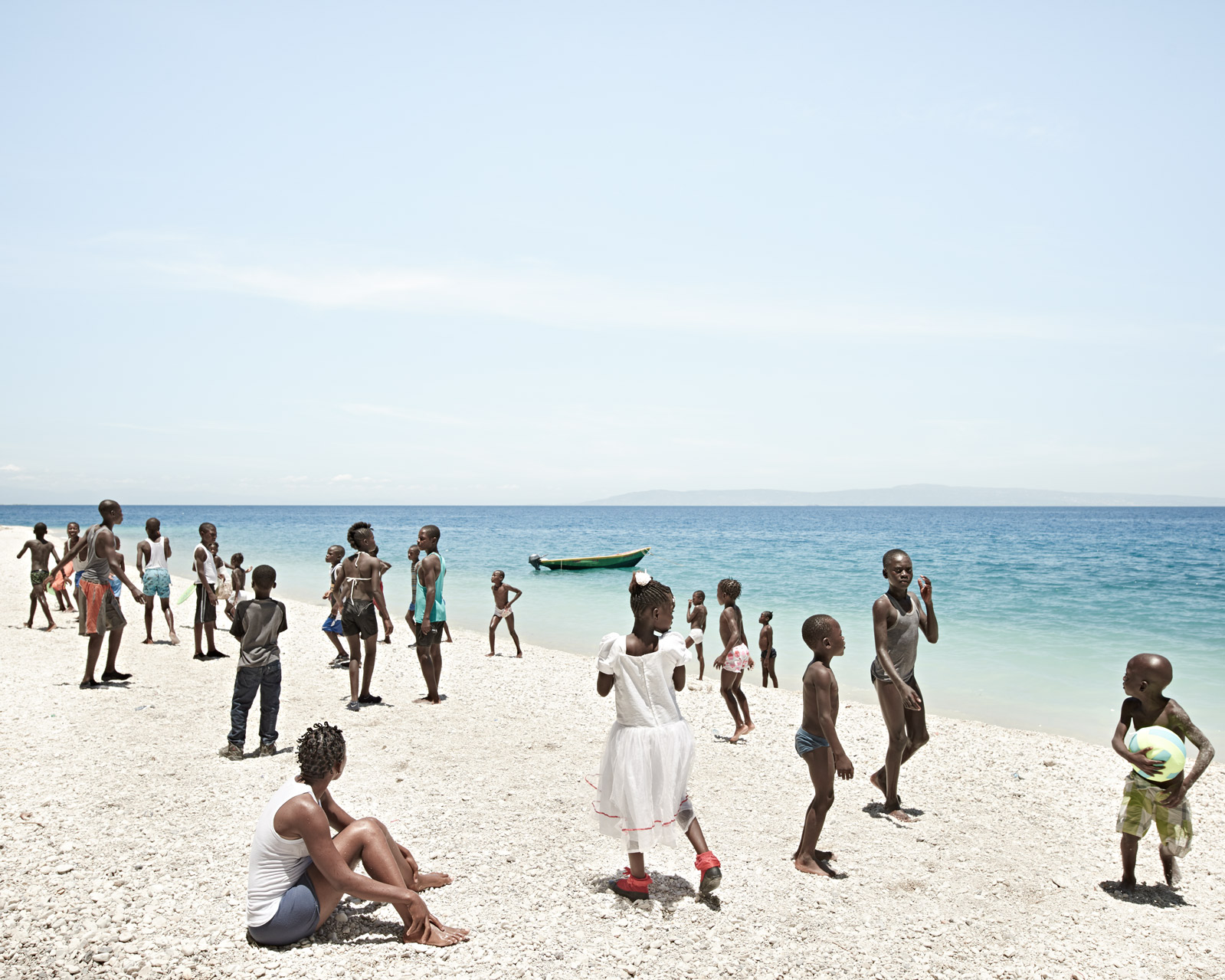
School outing to the nearest clean beach. One of the pupils was sent in her best clothing by her parents.
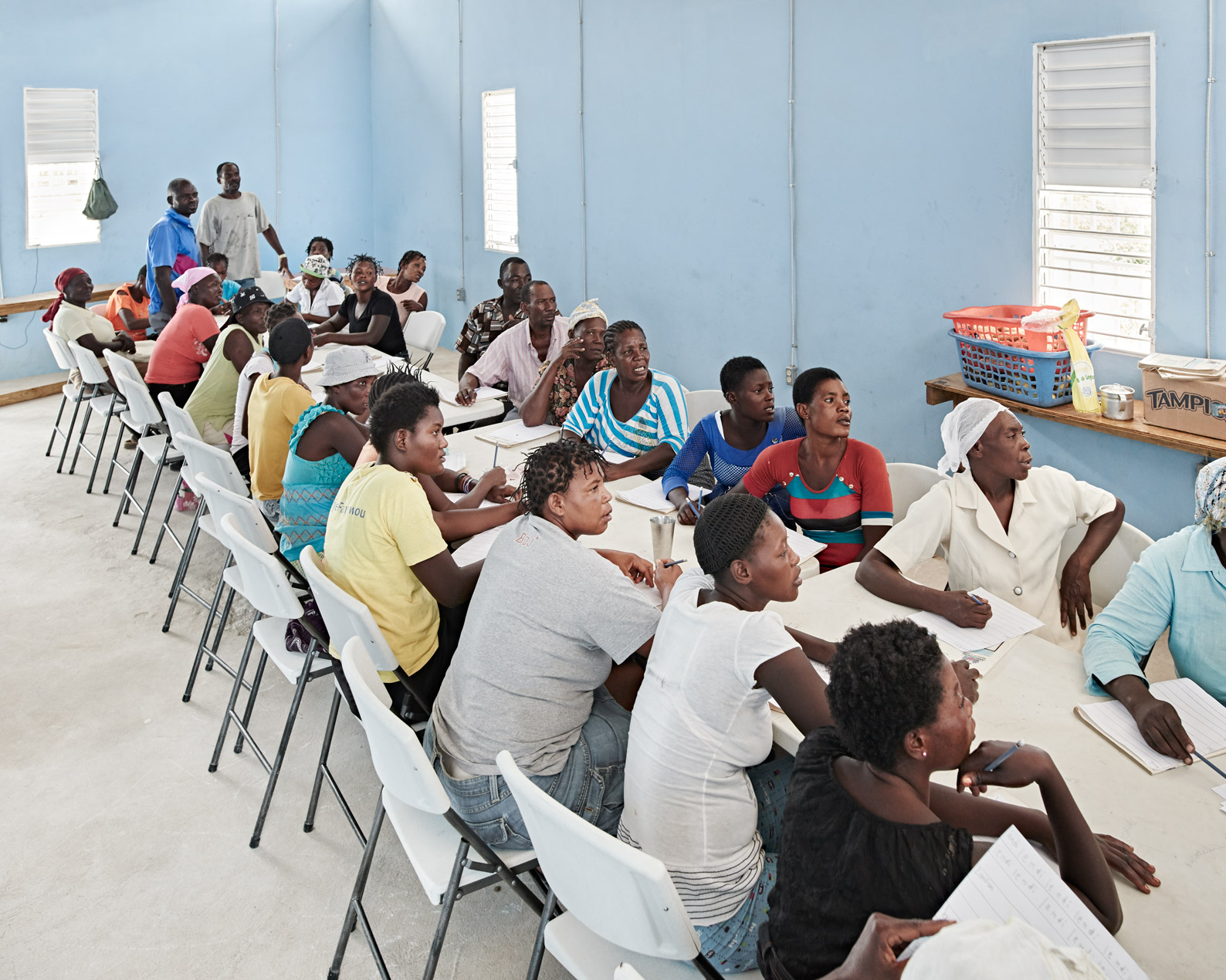
Writing lesson for mothers.
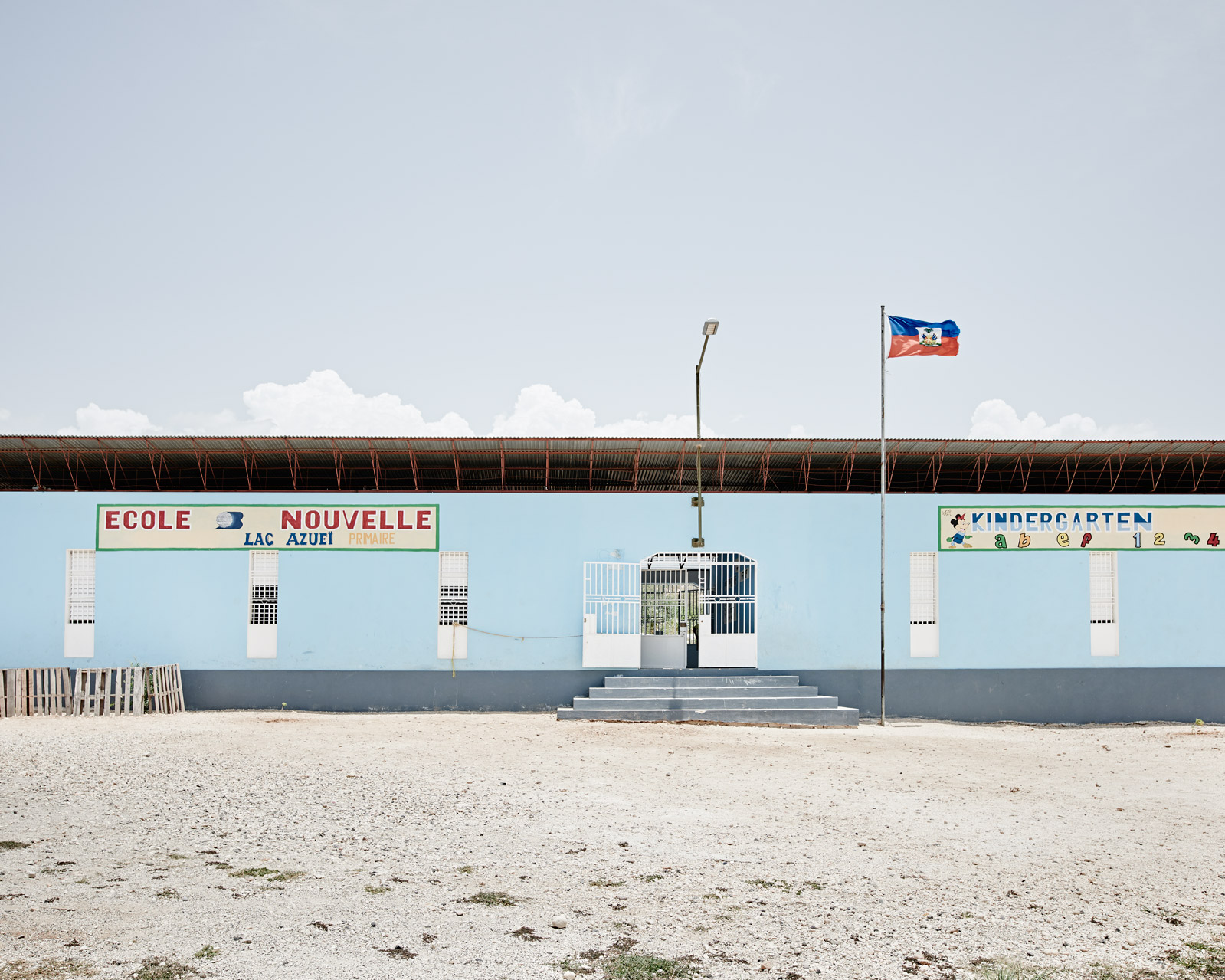
School in the country for both parents and their children.
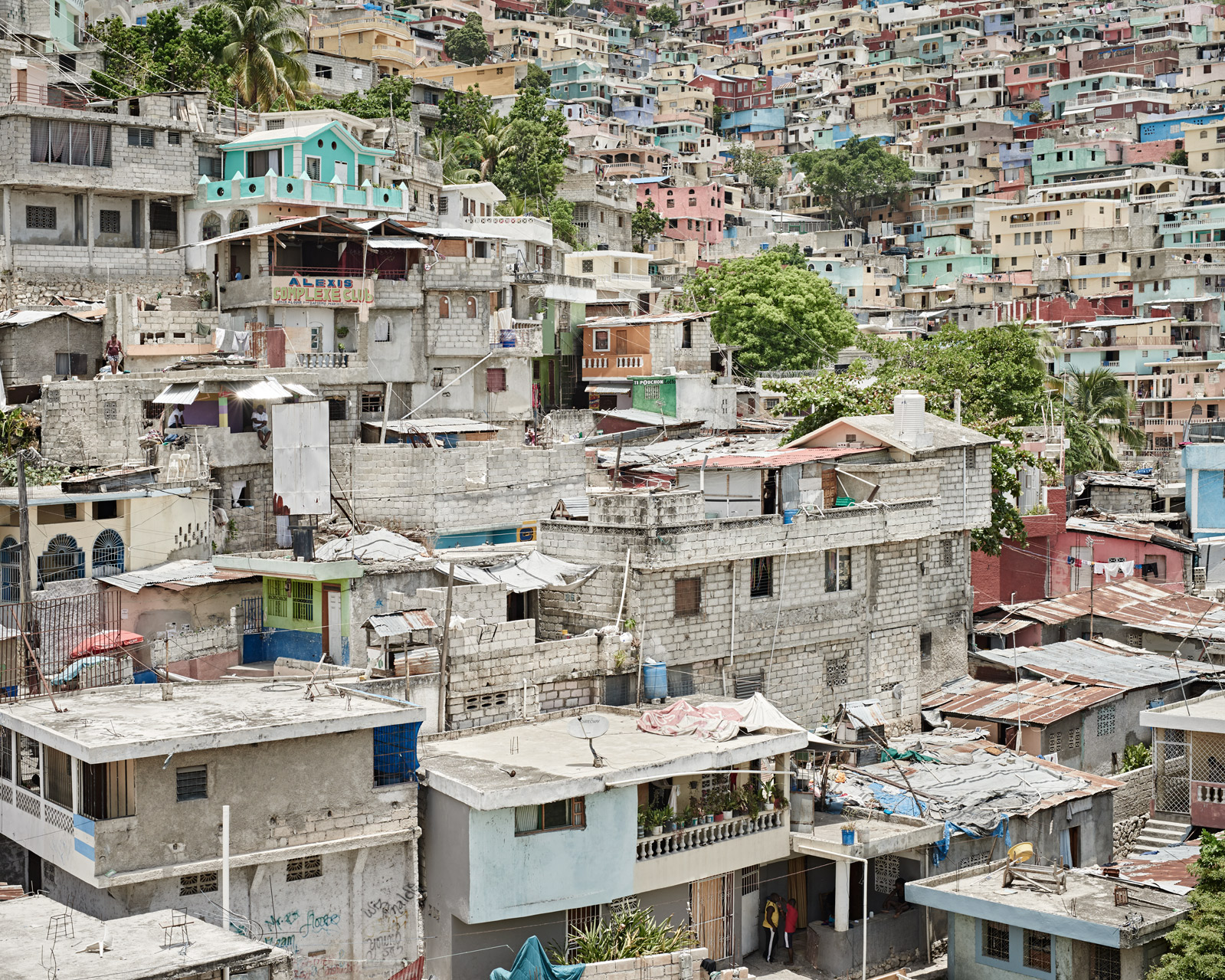
Port au Prince, Haiti.
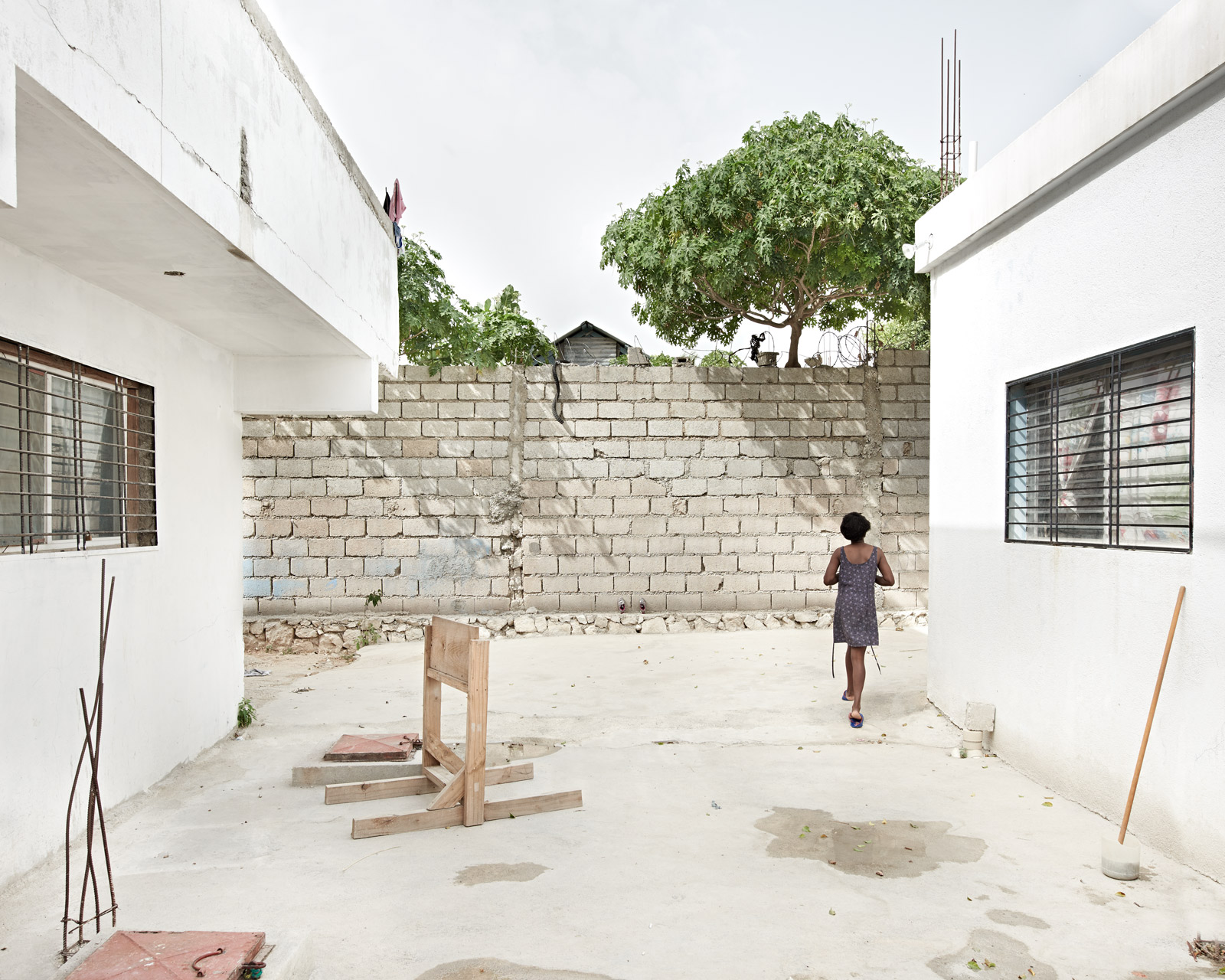
Orphanage.
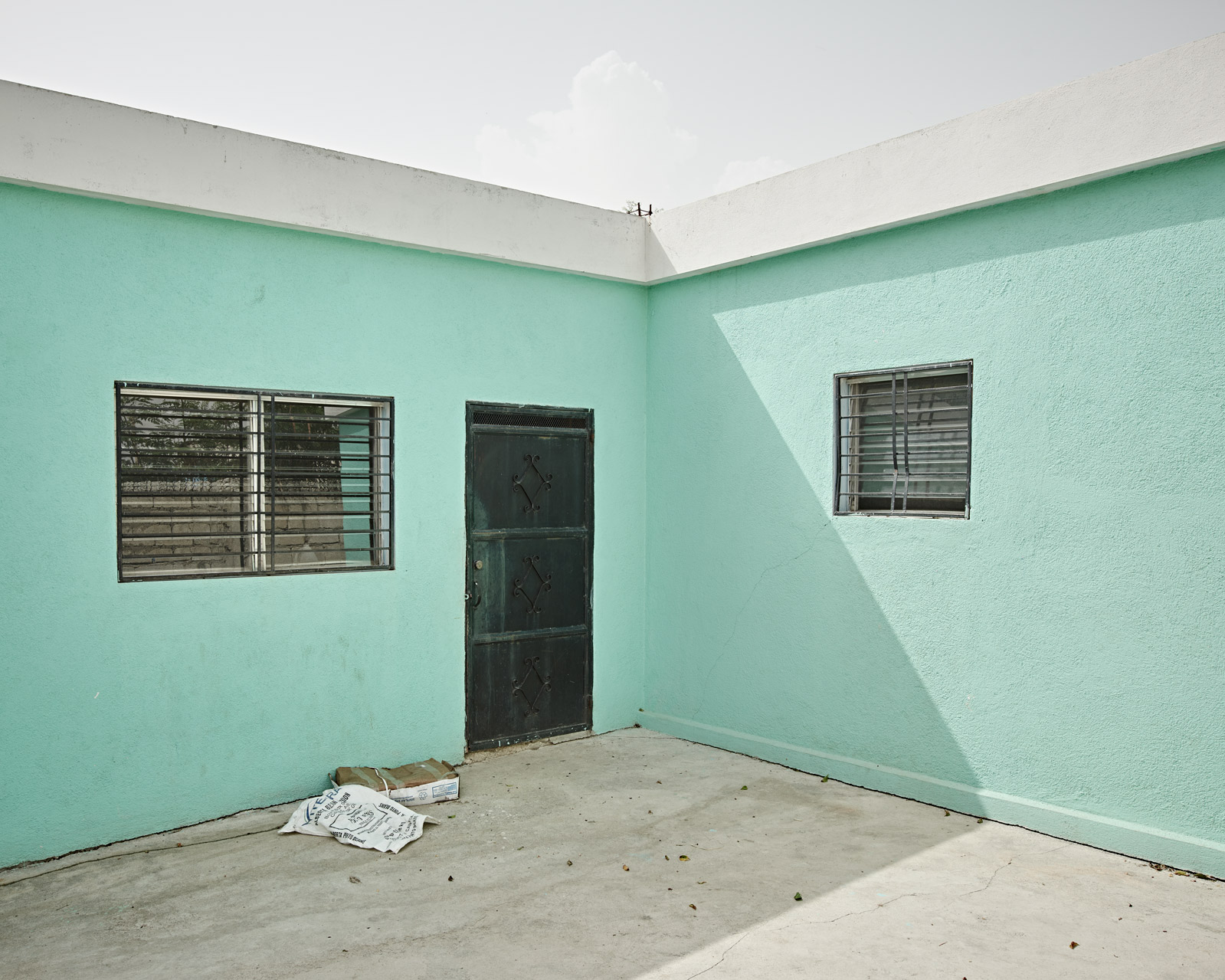
Orphanage surrounded by barbed wire.
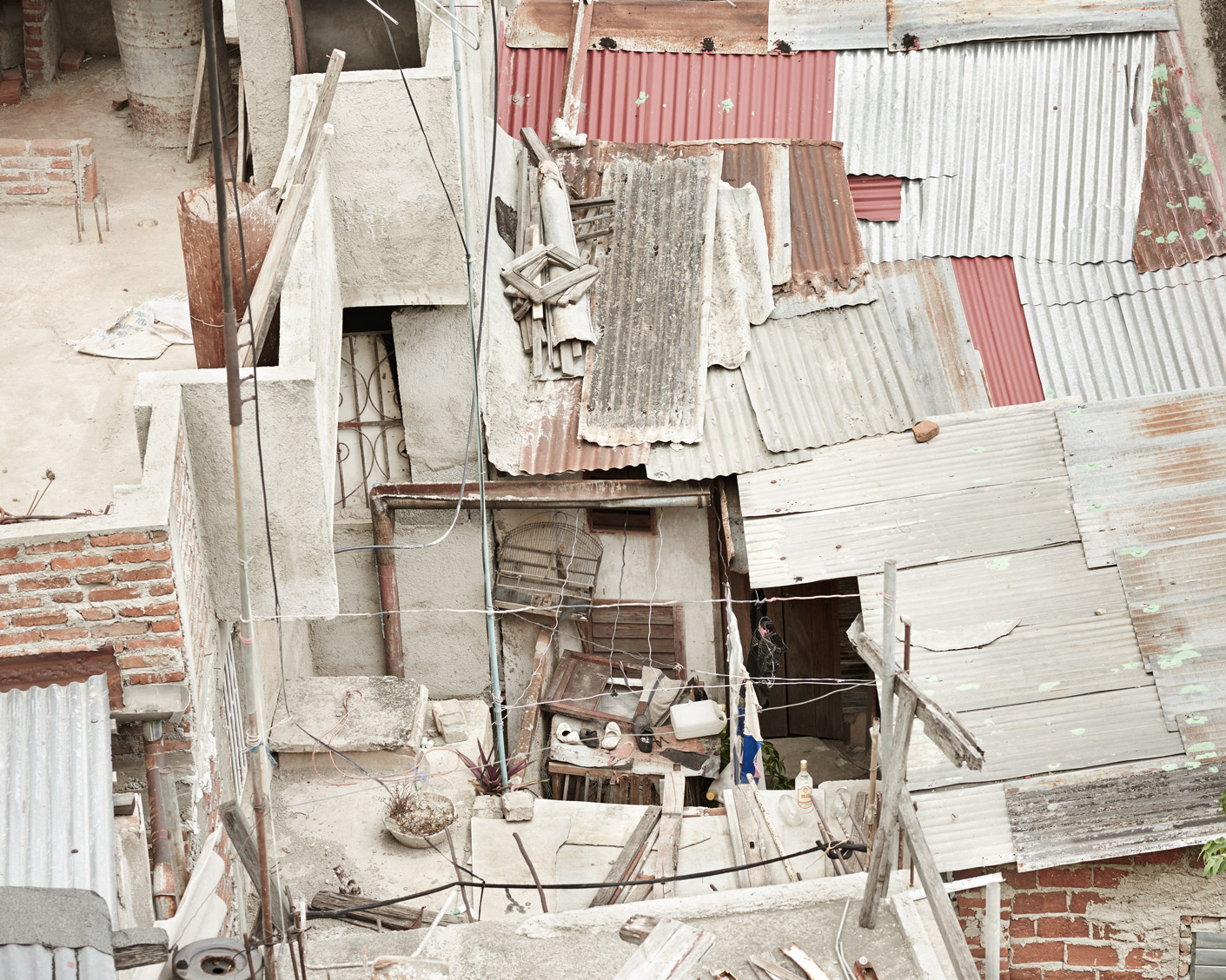
Downtown Port au Prince.
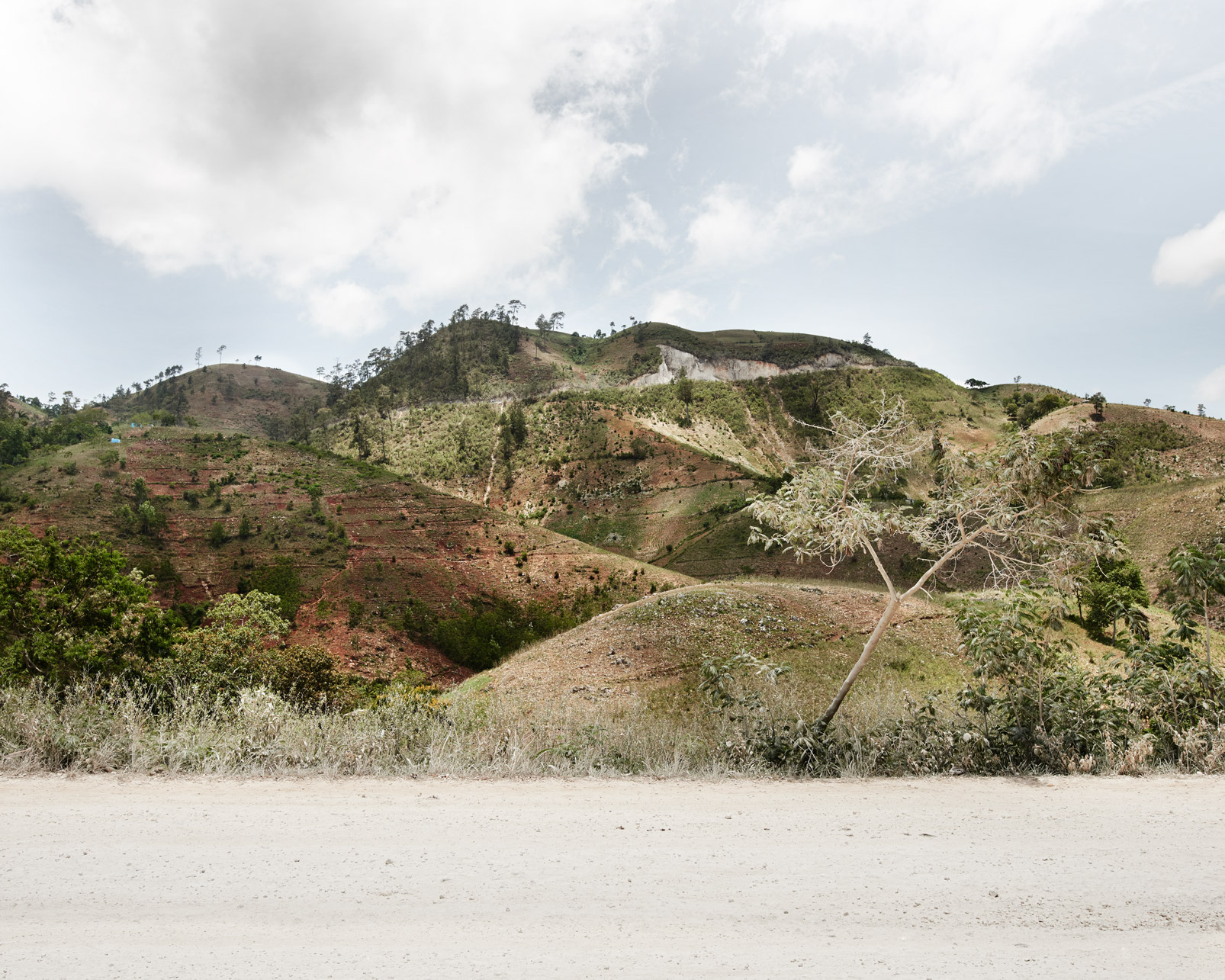
Haiti – the border of the Dominican Republic, at 2000 meters high.
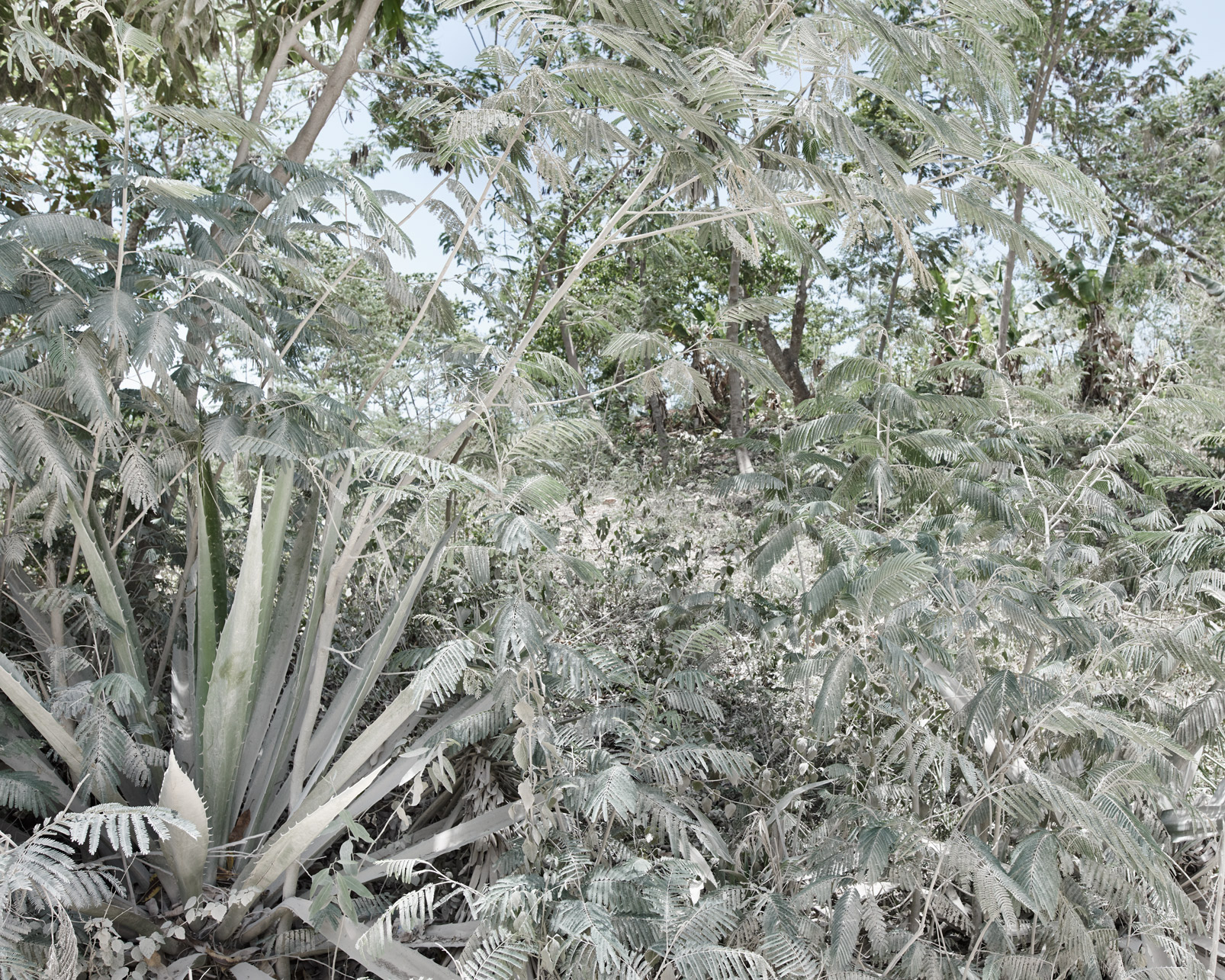
Plants by the road, covered with dust.
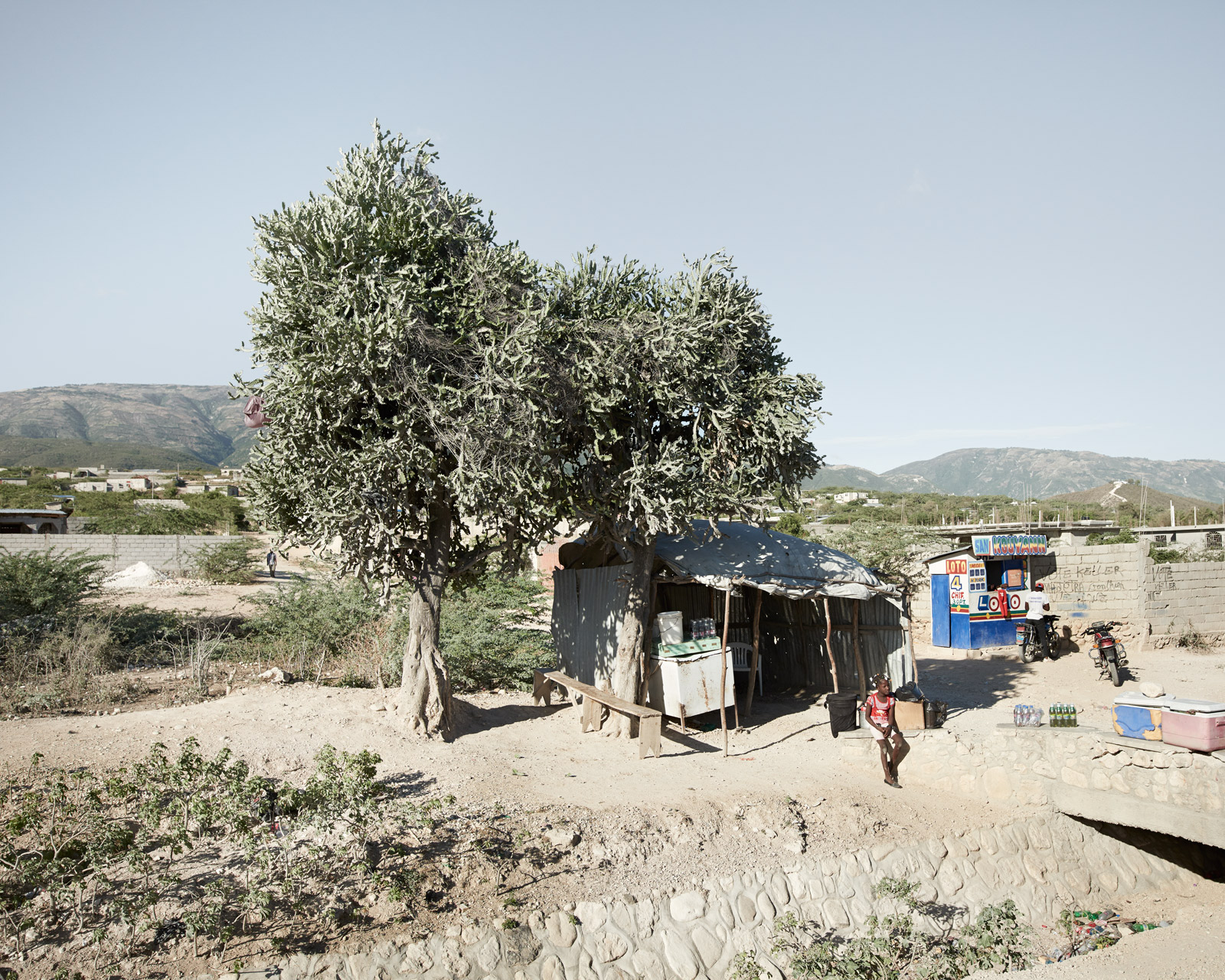
A dust-laden shop by the road.
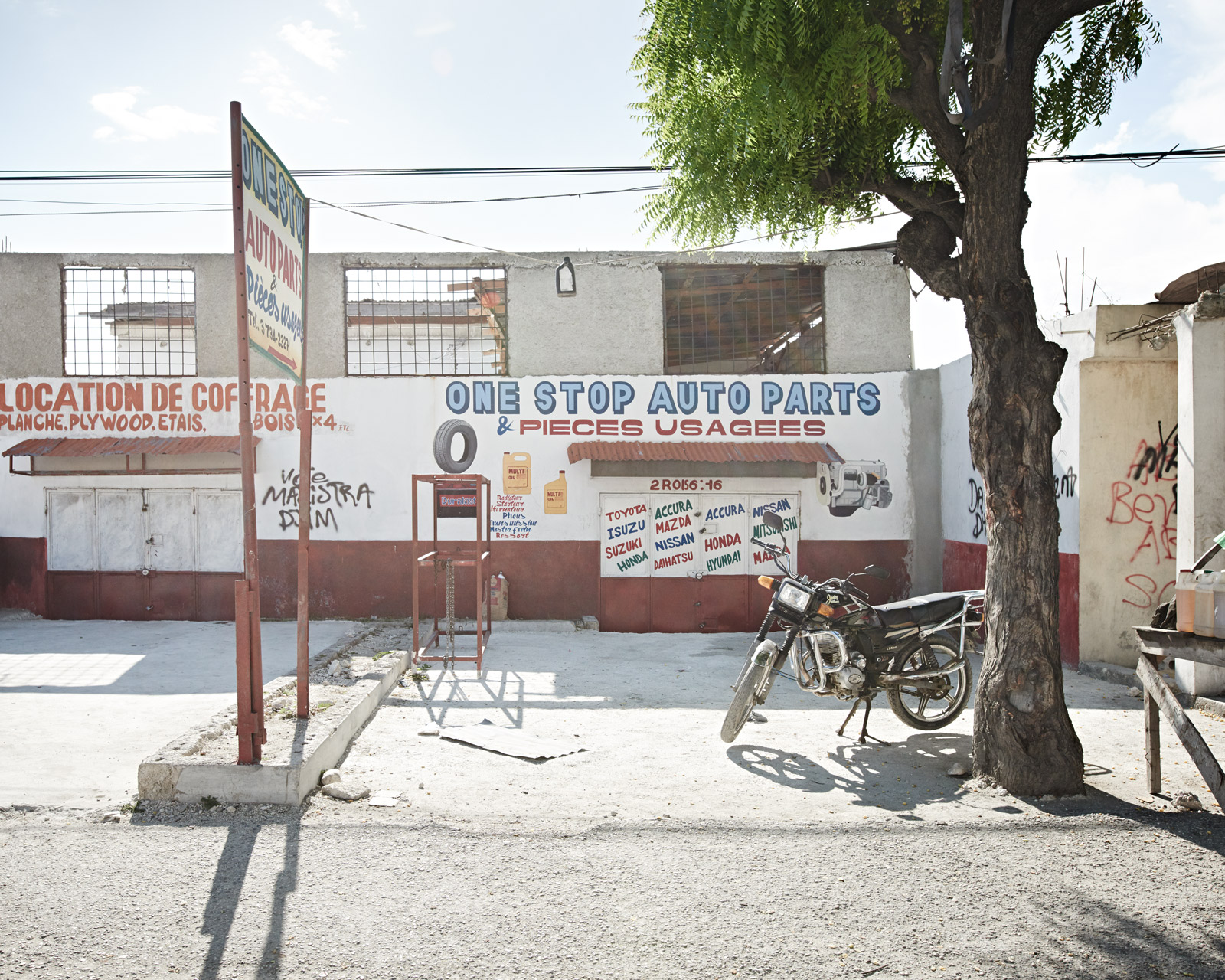
Drinking water arrives for the families that live in the mountains.
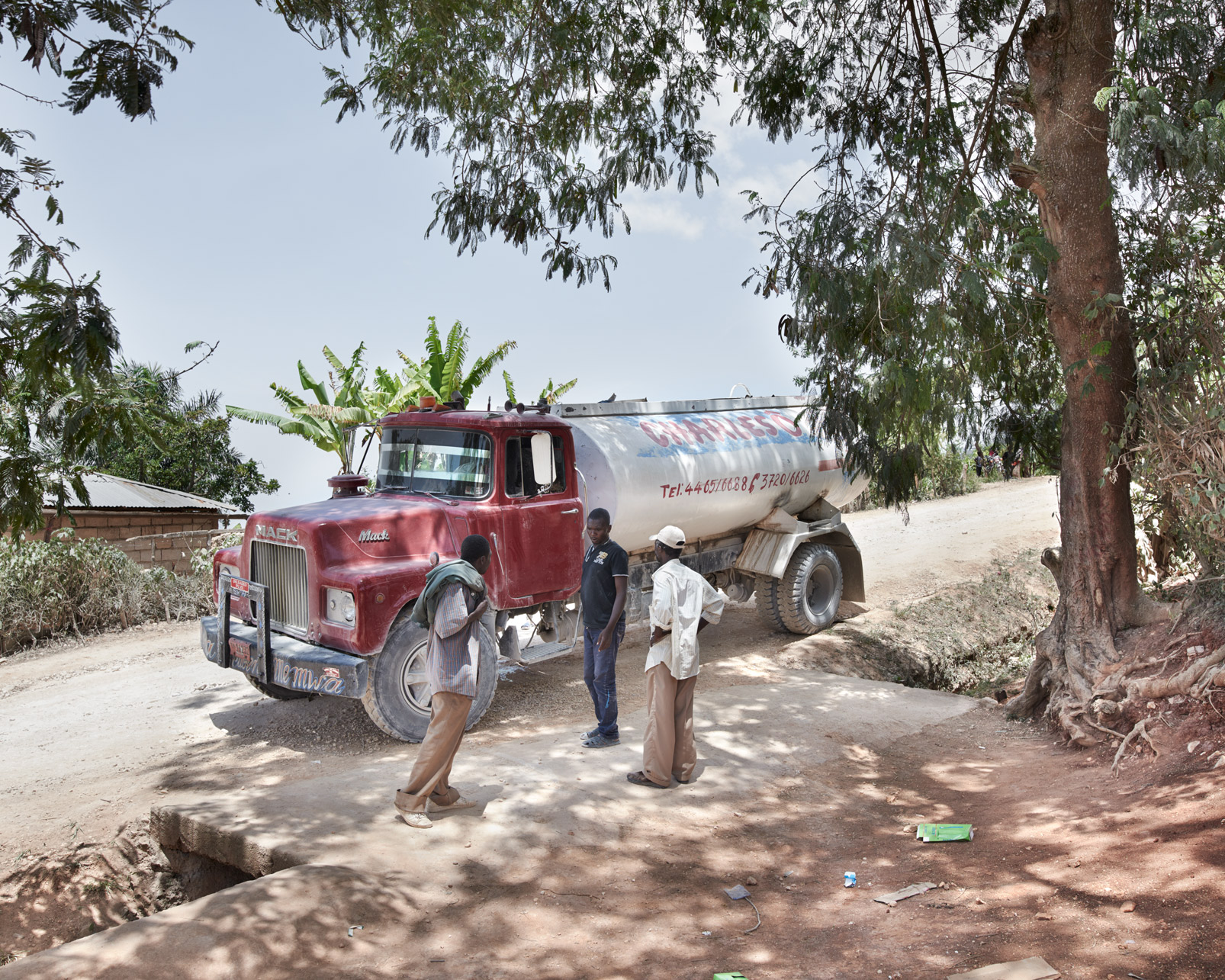
A car service garage in Port au Prince.
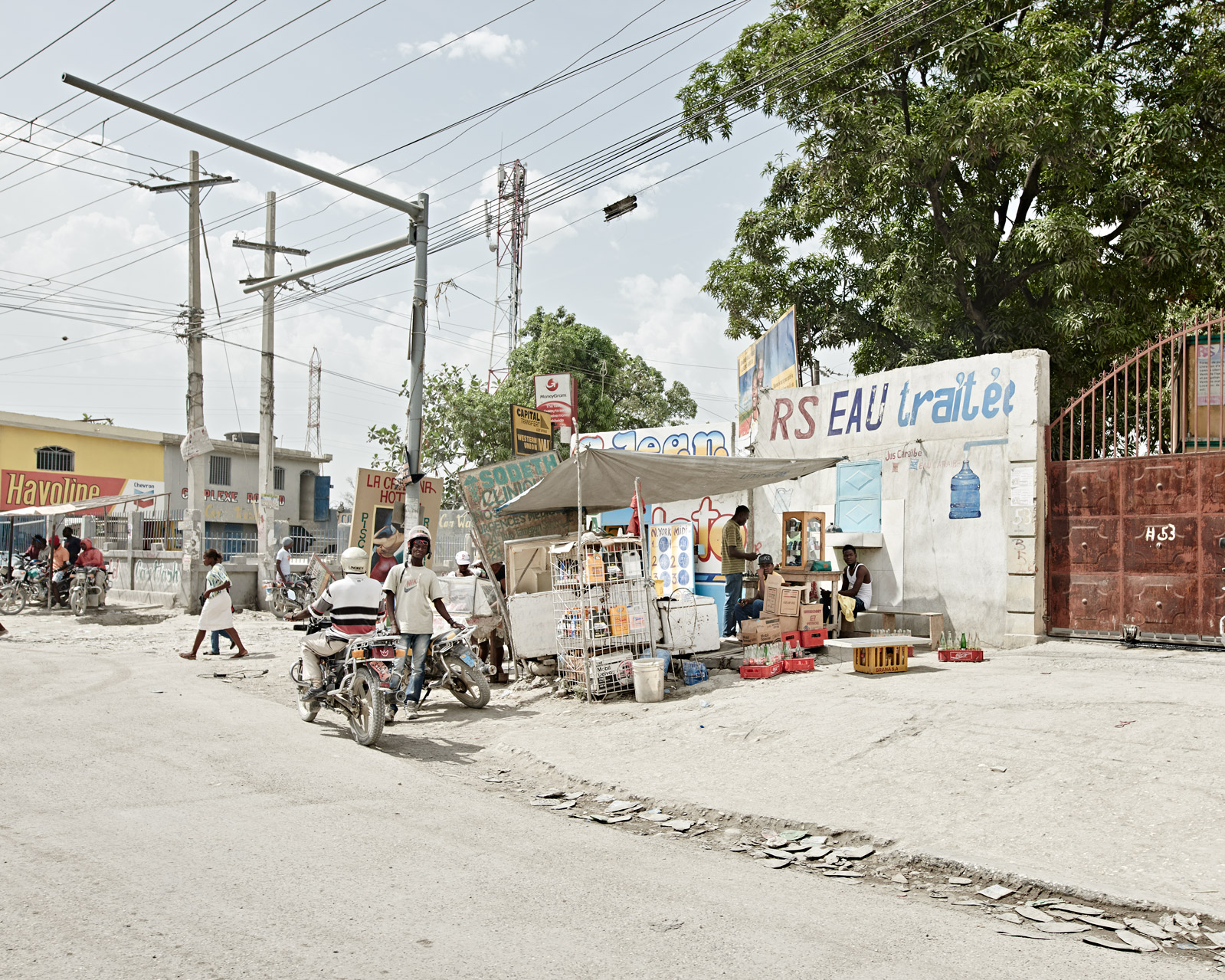
Port au Prince.
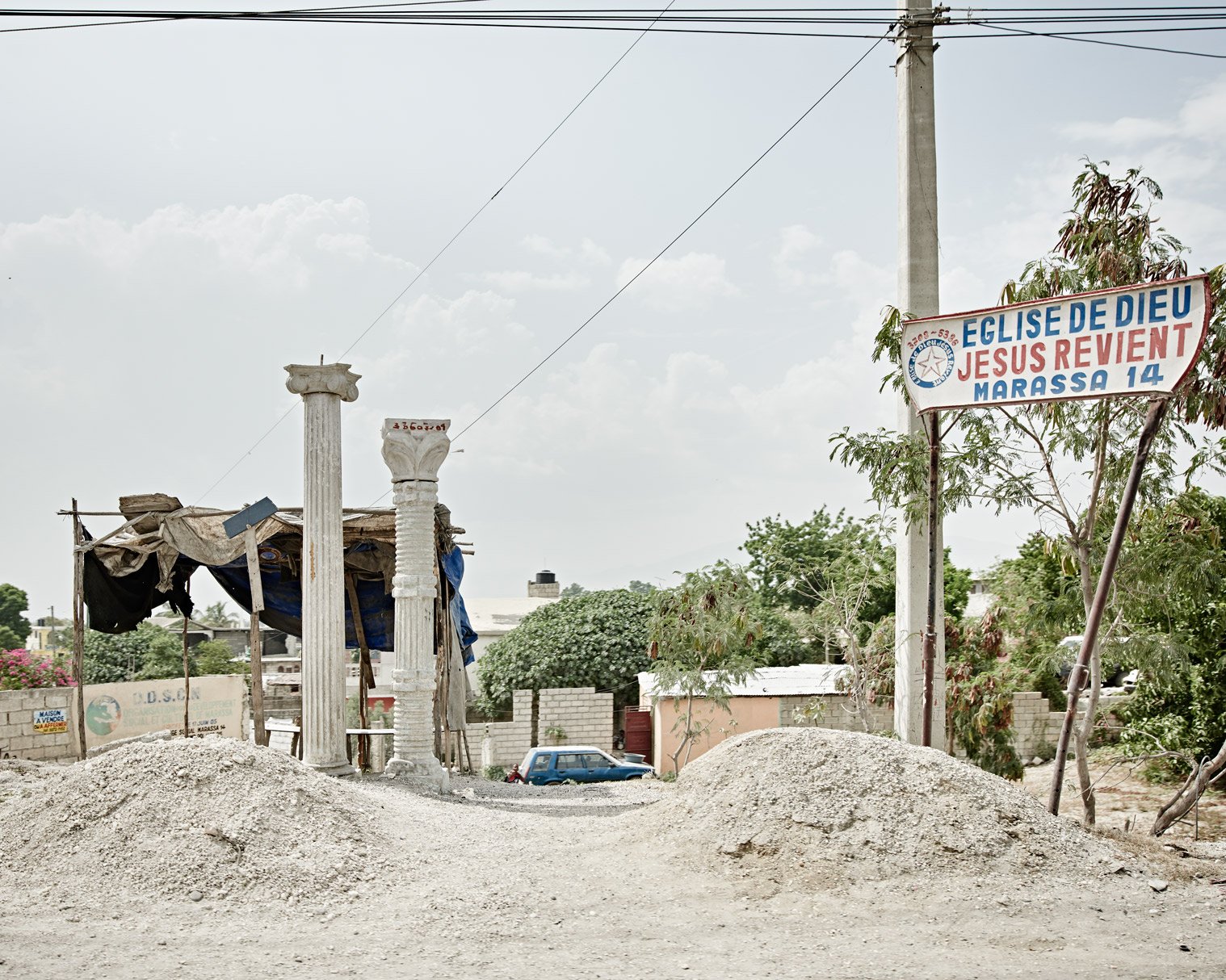
The symbol of wealth.
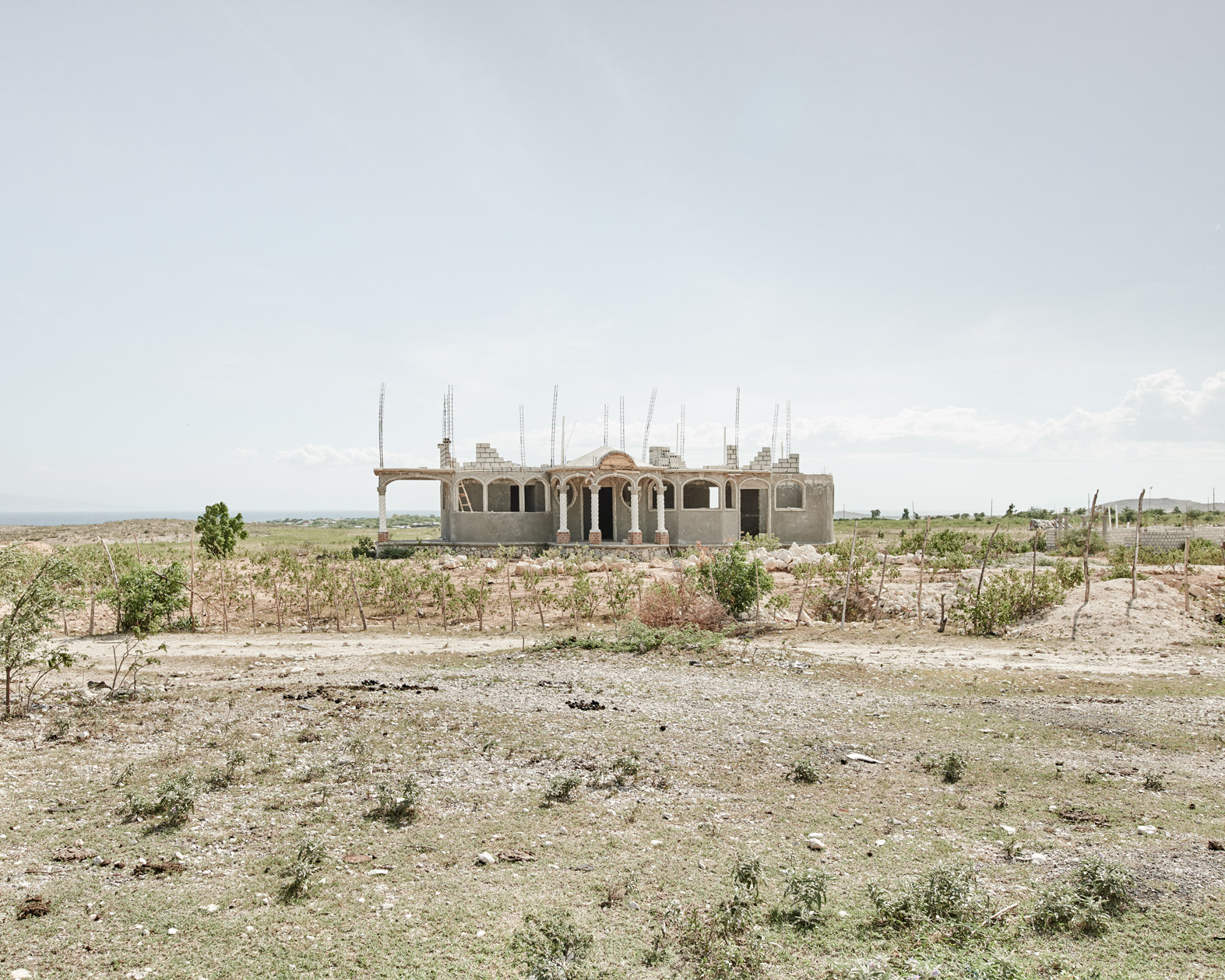
An abandoned country house.
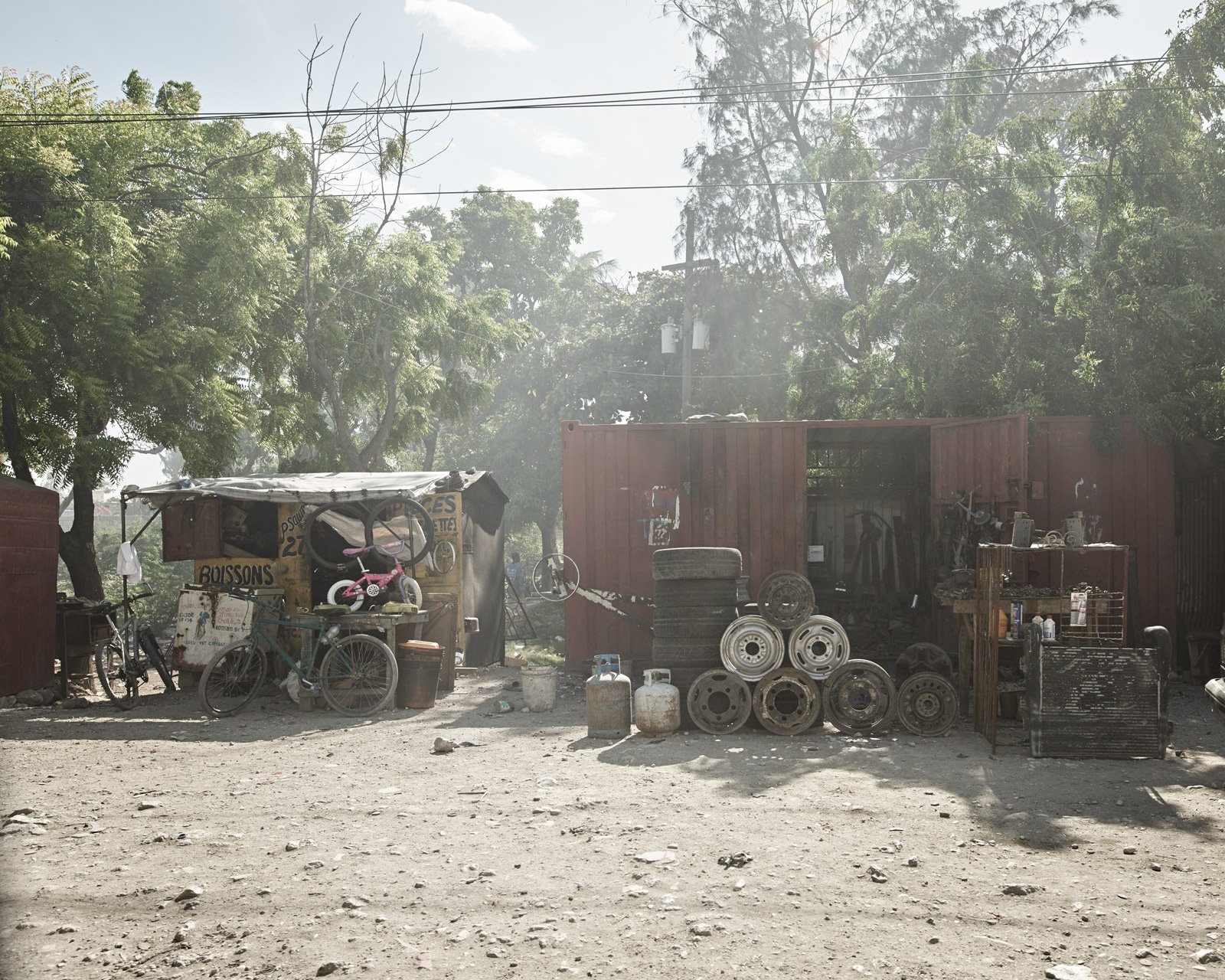
A service garage.
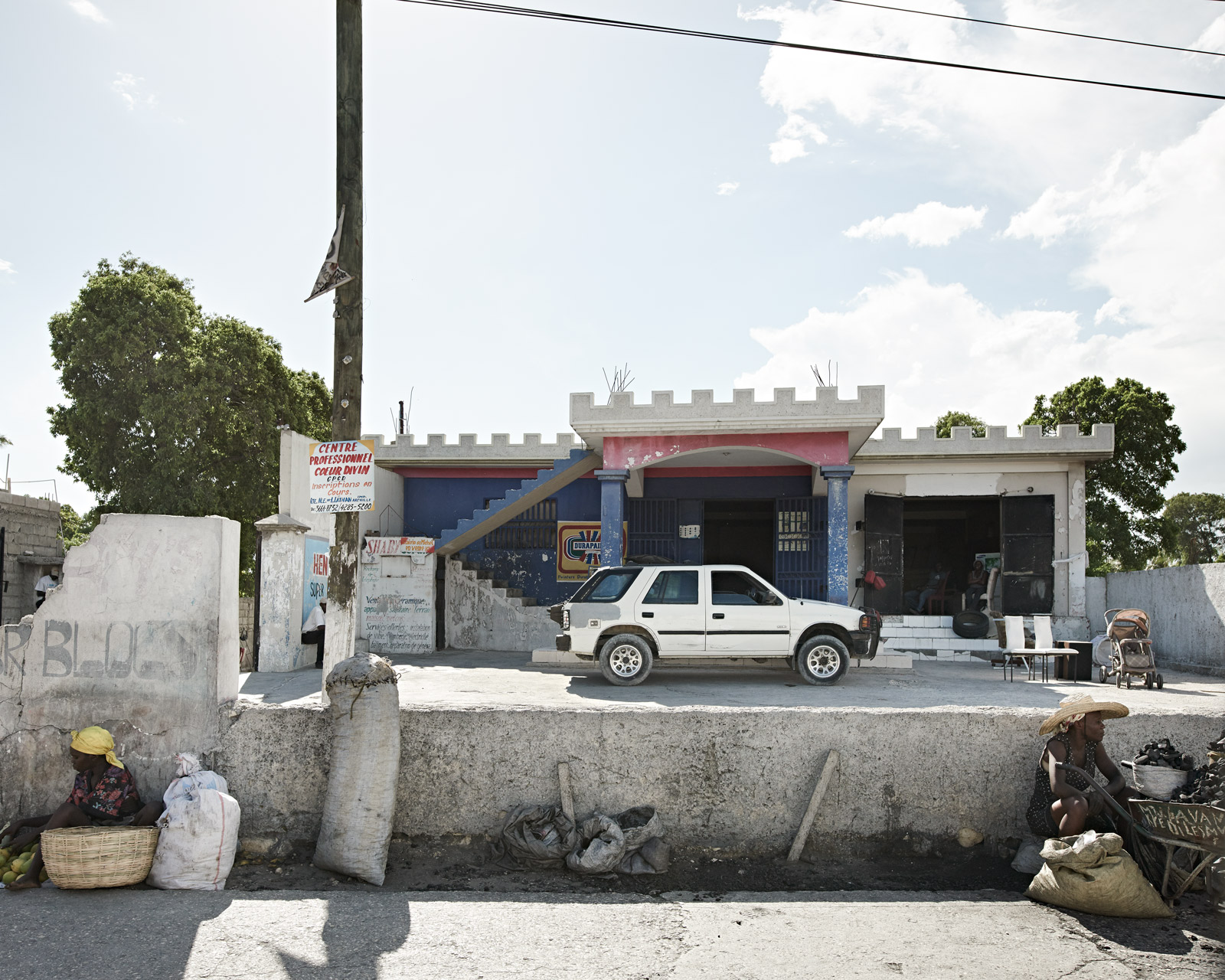
Street vendors, with a wealthy family in the background.


















